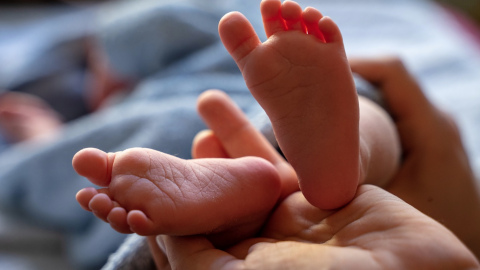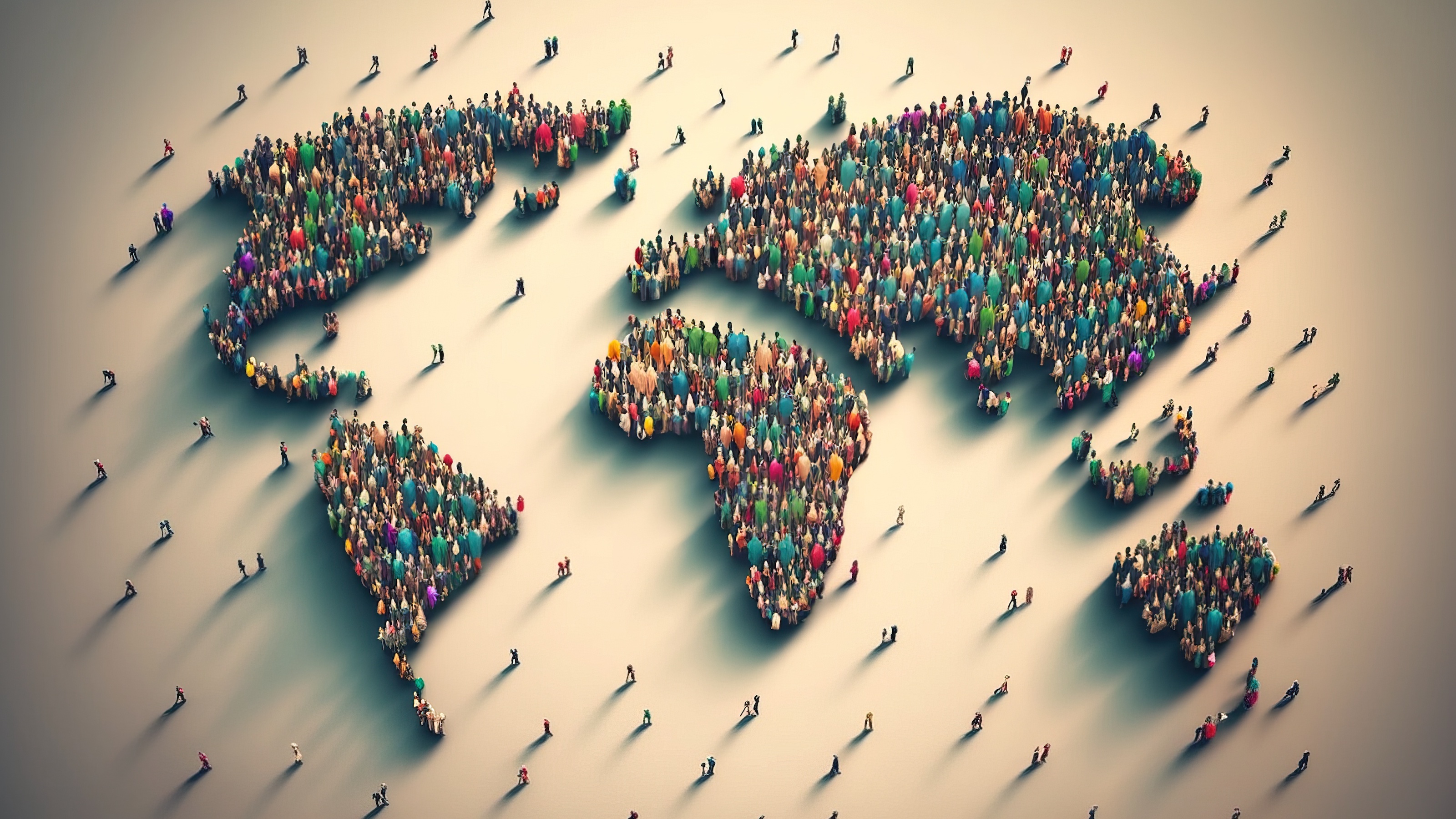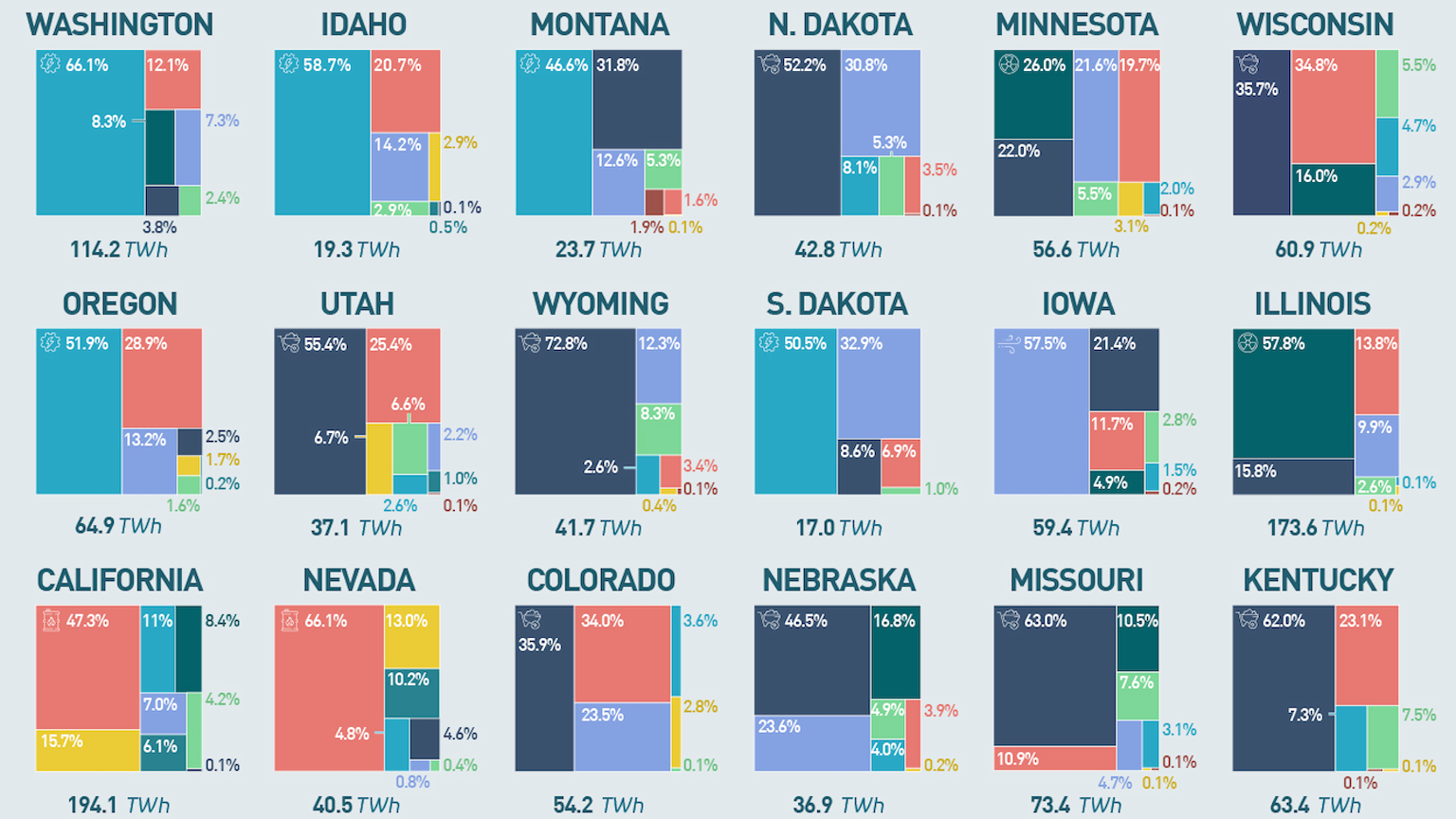U.S. birthrate hits 32-year low. Here’s why that’s not (yet) a problem.

Pixabay
- A report from the National Center for Health Statistics shows that 2018 saw the fewest babies born in the U.S. since 1986.
- The reasons are plenty: After effects from the Great Recession, fewer teenage pregnancies, prohibitive child care costs, concerns over climate change and political strife, and different priorities among millennials.
- The low birthrate isn’t necessarily cause for alarm, however if it keeps declining it may be difficult for future generations to support an aging population.
The U.S. birthrate continued to fall in 2018, marking the lowest number of babies born in the nation since 1986.
A report from the National Center for Health Statistics shows there were an estimated 3,788,235 babies born in the U.S. last year, down 2 percent from 2017. The fertility rate for 2018 also dropped 2 percent, reaching 1,728.0 births per 1,000 women, according to the report.
One factor that may be driving the downward trend is fewer teen pregnancies.
“Some of the decline is a very positive signal that we are doing a better job of addressing unwanted teen pregnancies,” Jennifer Johnson-Hanks, a sociology professor at the University of California, Berkeley, told the New York Times. However, she added that declining births among non-teenage women were “more worrisome.”
After effects from the Great Recession might also be helping to lower the national birthrate. But after the recession, the rate briefly rose in 2012, only to fall ever since. What else might explain the drop?
“Not a whole lot of things are going good,” Dowell Myers, a demographer at the University of Southern California, told NPR. “… that’s haunting young people in particular, more than old people.”

Still, the unemployment rate is going down and wages are on the rise. But those wage gains are mostly going to the people at the top of the job market. What’s more, African Americans and people living in areas hit especially hard by the recession aren’t reaping the benefits of rising wages.
Combined, these factors might help explain why millennials are waiting longer to get married, buy homes, and have children — if they do so at all.
“They’re not able to hit the mark at the same age as their parents,” Tamara Sims, a research scientist at Stanford, told CNBC in reference to home ownership rates.
The same seems to apply to starting a family. In a survey conducted by the New York Times in 2018, the most cited reason for having fewer children than respondents would consider ideal was “child care is too expensive.” Of course, money isn’t the only factor. Fewer millennials are willing to settle down in their twenties. Some simply enjoy the freedom of not having kids. Others cite climate change and political strife as reasons for not reproducing.
Is a lower birthrate cause for alarm?
Not exactly. The current U.S. birthrate is beginning to mirror those of other wealthy nations.
“This is an important change, but it is not one that is making us extraordinary,” Johnson-Hanks told the New York Times. “It is making us more like other rich countries. It is making us more normal, in a sense. This is what Canada looks like; this is what Western Europe looks like.”
What’s more, a lower birthrate could signal that women have more control over their professional and reproductive lives. But there does seem to be a point at which having too few babies can hurt a nation. For example, as Japan’s birthrate continues to plummet, the nation is left wondering how it’s going to sustain its economy and support an aging population.
“The labour shortage is getting serious,” Prime Minister Shinzo said in 2017. “To overcome it, we need to improve productivity.”





